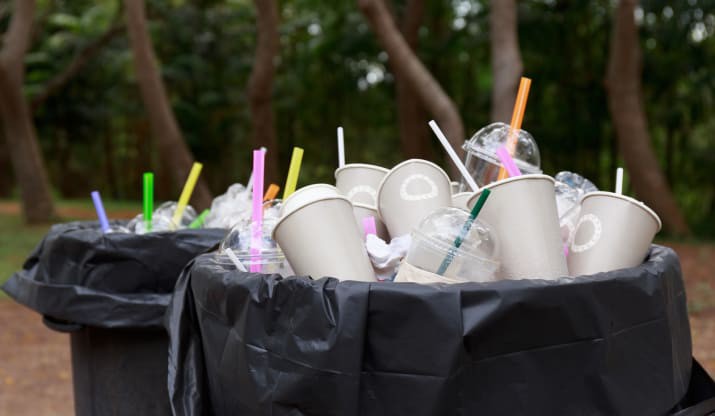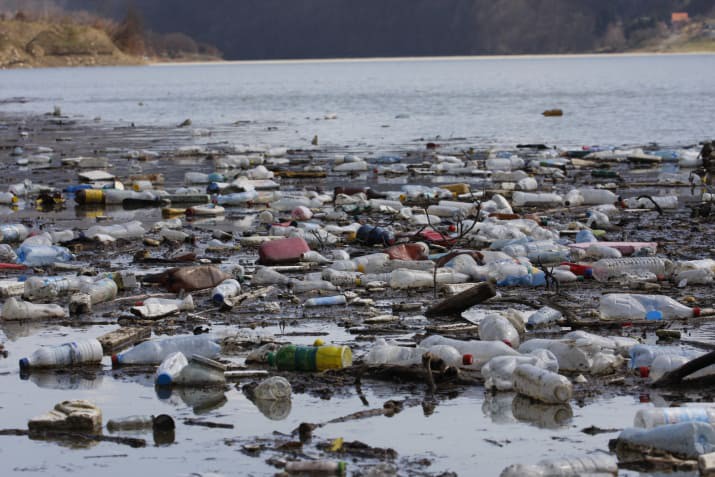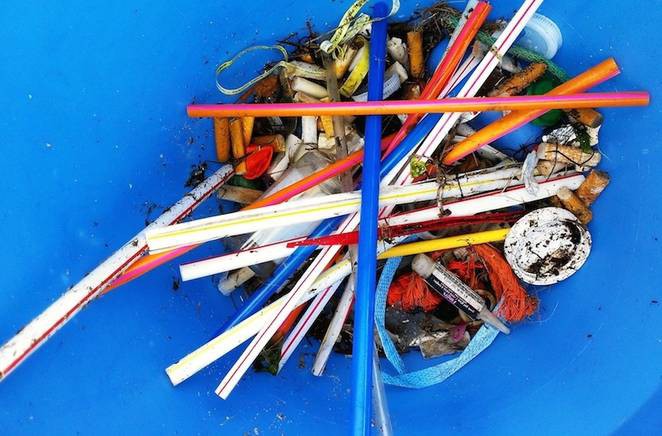Blog
BAN PLASTIC STRAWS. JUST DON’T USE PAPER ONES, BECAUSE THEY’RE AWFUL
The announcement from Starbucks that the coffee chain will phase out plastic drinking straws in all locations by 2020 expands the roster of places worldwide that have banned the once-ubiquitous disposable item. This is probably good for the environment (though certainly no panacea to solve the problem of ocean plastic).
But as we face a future without plastic straws, one thing is certain: We must not allow the chaos and uncertainty of these times to give rise to an age of paper straws.
Paper straws, which are already ubiquitous in some countries, do not deserve to carry the name “straw,” in the sense of a tool that can be trusted to convey liquid to one’s mouth using the forces of suction. Paper straws undermine the good intentions behind their creation, solving the problem of one single-use disposable with another single-use disposable—and leaving otherwise environmentally-minded folk dependent on the straw, when no straw at all is clearly the better option. Paper straws are an abomination.
Never sipped a beverage from a paper straw? Reach for the closest piece of paper at hand—the back cover of that two-month-old Economist you swear you’re going to read, an aging flier for guitar lessons pinned up at a coffee shop—and roll it into a thin tube. Sip a variety of beverages through it so that you can marvel at how all drinks—fizzy sodas, fresh-squeezed juices, refreshing cocktails of all stripes—take the flavor of wet paper under the tyrannical influence of this drinking straw imposter. Enjoy the mouthfeel of cellulose dissolving on your tongue.

Paper straws are not analogous to swapping reusable shopping bags for disposable ones, or even swapping paper for plastic bags. They are more like carrying water home in a paper boat made by a child. They are like transporting rice in a fishing net. They are not fit for the purpose and we must not cede counter space to them in our places of refreshment.
This is not a situation in which we should search for answers in the past. Would those who suggest that we sip from mushy straws also have us return to leeching?

Plastic straws exist in the first place as a solution to paper’s glaring flaws. The original packaged drinking straws were made of rye grass, an entirely biodegradable product that left an earthen taste in drinkers’ mouths and decayed plant matter at the bottom of their cups. Starting in the late 19th century, inventor Marvin C. Stone’s patented paper straw dominated the soda fountain market. That is until plastic’s rise in the 1960s finally gave consumers a clean, efficient straw.
Superior non-plastic alternatives exist from a performance standpoint—glass, metal, some compostable corn-based thing—though their high cost and impracticality means they pose no real challenge to paper or plastic’s cheap disposability. It is time to rethink our relationship to straws and beverages altogether. The question to ask is not paper or plastic; it’s do you need a straw at all?
Frappuccinos, yes, are hard to consume without a straw. And the symbiotic relationship between bubble tea and see-through straws is so strong that it is hard to imagine the former’s continued existence without the latter. I don’t know what people are supposed to do about bubble tea.
But does a cocktail need a straw? Do most beverages, when consumed seated with minimal risk of spillage? Can’t iced coffees and teas be as easily sipped through the same one-piece lid through which we enjoy hot drinks on the go? And actually, do we need to be constantly purchasing beverages when we are out and about?

The straw debate is not really about straws. It’s about the broader effects of a culture of thoughtless consumption and disposal. To consider whether to take a straw is to be conscious, even for a fleeting moment, of the resources it takes to prop up the illusion that life is cheap or convenient. To decline one is to recognize in some small way that changing the course of the planet’s degradation will require us to give up some things we once took for granted, and reminds us that the environmental calamities we bemoan are in part a result of our own choices and preferences.
Plastic straws could disappear from the face of the earth tomorrow and there would still be too much plastic in the sea. But we must start somewhere. Use fewer or no straws. And do not suck on a paper straw, ever. It’s gross.
